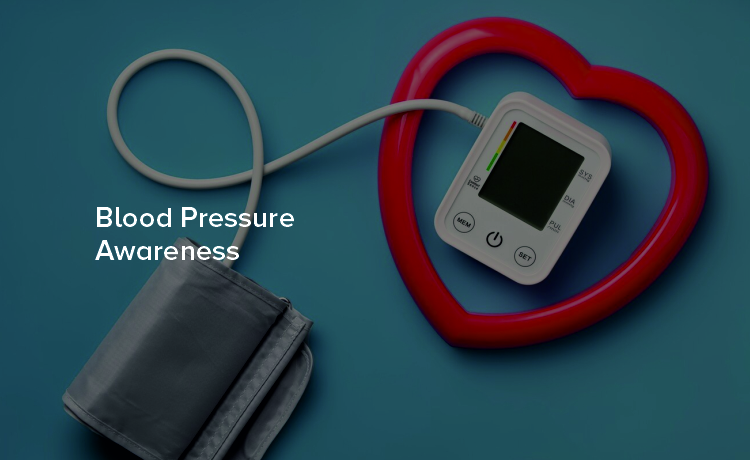
Did you know that high blood pressure is a silent killer? Most people are unaware of their blood pressure levels, and that is why it is essential to monitor and maintain healthy levels. Hypertension or high blood pressure is a prevalent medical condition, and it occurs when the force of blood against the artery walls is too high. Over time, high blood pressure can lead to serious health issues, including heart disease, stroke, and kidney failure. Therefore, it is crucial to be aware of your blood pressure levels and make necessary changes to maintain them within normal limits.
Get Your Blood Pressure Checked Regularly
High blood pressure is often asymptomatic and can remain undiagnosed for years. That is why getting your blood pressure checked regularly is a crucial step in monitoring and maintaining healthy levels. A blood pressure reading consists of two numbers, systolic pressure (the top number) and diastolic pressure (the bottom number). Normal blood pressure is usually around 120/80 mmHg. If your blood pressure is consistently higher than 130/80 mmHg, you may need medical attention.
Maintain a Healthy Weight
Being overweight or obese can raise your blood pressure levels. Losing weight can help you lower your blood pressure and reduce the risk of heart disease and stroke. You can achieve a healthy weight by eating a balanced diet and engaging in regular physical activity. Aim for at least 150 minutes of moderate-intensity activity per week, such as brisk walking, cycling, or swimming.
Reduce Sodium Intake
Excess sodium can increase blood pressure levels. Therefore, it is essential to keep your sodium intake in check by avoiding processed foods, using less salt in cooking, and reading food labels. The American Heart Association recommends no more than 2,300 mg of sodium per day for an adult, and an ideal limit would be 1,500 mg of sodium per day.
Quit Smoking
Smoking can damage your blood vessels and raise your blood pressure levels. Quitting smoking can help you reduce your risk of heart disease and stroke. If you need help quitting smoking, talk to your physician or seek professional help.
Manage Stress
Stress can cause your blood pressure to spike temporarily. Chronic stress can lead to hypertension, heart disease, and other health issues. It is essential to find ways to manage stress effectively, such as exercise, meditation, or deep breathing exercises.
Conclusion:
High blood pressure is a common medical condition that can lead to serious health issues. However, monitoring and maintaining healthy blood pressure levels can significantly reduce your risk of heart disease, stroke, and other health issues. It is essential to get your blood pressure checked regularly, maintain a healthy weight, reduce sodium intake, quit smoking, and manage stress. By following these simple steps, you can take charge of your health and lead a healthier life. Always remember, prevention is better than cure.